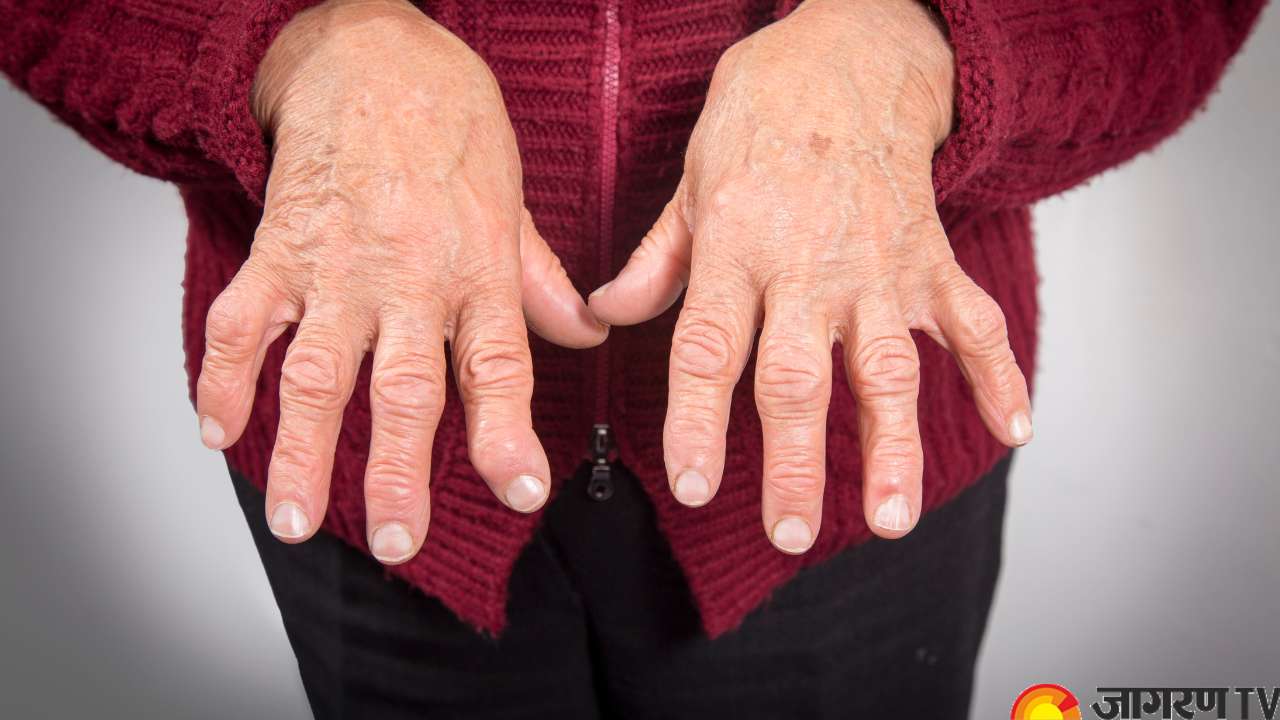How to detect if you have Rheumatoid Arthritis? Know Symptoms, Causes, Prevention, and more

Rheumatoid Arthritis (RA), a chronic autoimmune illness, typically affects the joints, causing swelling, discomfort, and sometimes even joint destruction. It may have a substantial effect on an individual’s everyday activities and quality of life. Although RA’s symptoms can be life-threatening, the effects can be reduced with early identification, the right treatment, and lifestyle changes. Despite the difficulties caused by RA, people can improve their general quality of life by remaining educated and taking preventative actions. Additionally, it is important to seek medical treatment as soon as possible if you think you have RA or are having symptoms connected to your joints for optimal management.
Rheumatoid Arthritis Symptoms
RA causes a variety of symptoms that vary in severity from person to person. The defining symptom is joint pain and stiffness, which frequently affects many joints at the same time. This stiffness gets worse in the morning and after periods of inactivity. Inflammation can also cause swelling and warmth around the joints. Due to the body’s immunological reaction, fatigue, lack of appetite, and an overall sensation of weariness are common.
Rheumatoid Arthritis Causes
The precise cause of RA is unknown, however, it is usually assumed to be an autoimmune condition. Inflammation is caused when the immune system targets healthy joint tissues inappropriately. A family history of RA raises the risk, therefore genetic factors play a role. Environmental factors, such as smoking, may also contribute to the disease’s development. Given that RA affects more women than males, it is thought that hormones influence the development of RA.
Which Age Group is affected by RA?
There is not a certain age group that gets affected by this disease. It is most frequent between the ages of 30 and 60. It is not, however, confined to this age range, since juvenile rheumatoid arthritis (JRA) affects children and adolescents. The age at which your body shows any symptoms of RA itself can influence its severity and responsiveness to treatment.
Rheumatoid Arthritis Prevention and Treatment
While there is no proven treatment to completely prevent RA, there are various measures that can help lower the risk or effectively manage the condition:
Lifestyle Changes
Consuming an antioxidant-rich diet, remaining physically active, and maintaining a healthy weight can all assist in supporting joint health and general well-being.
Avoid Smoking
Smoking is not only a risk factor for getting RA, but it can also make the illness worse. Quitting smoking can help slow the course of illness.
Early Diagnosis and Treatment
Early detection is critical in the treatment of RA. Consult a healthcare professional if you have chronic joint pain, edema, or stiffness. Immediate and proper therapy can help limit disease development and avoid joint injury.
Physical Therapy
Investing your time and body in specialised exercise programs and physical therapy can assist in increasing joint mobility, muscular strength, and pain relief.
Stress Reducing Activities
Stress can accelerate the symptoms of RA, Stress-reduction strategies such as meditation, yoga, and deep breathing can help with illness management.
Regular Check-ups
Regular medical check-ups and meetings with rheumatologists are essential for tracking disease development and adjusting treatment strategies as needed.
Related videos
-
The Glory part 2: watch Song Hye Kyo starrer release date, plot, cast & trailer, ...
-
WATCH Sapna Choudhary dance: सपना चौधरी के ठुमके के फैंस हुए दीवाने, 'लक ...
-
Kareena Kapoor 21 Years In Bollywood as she debuted with Abhishek Bachchan in ...
-
ममता दीदी मुझे थप्पड़ मारना चाहती हैं, उनका थप्पड़ मेरे लिए आशीर्वाद है: ...









